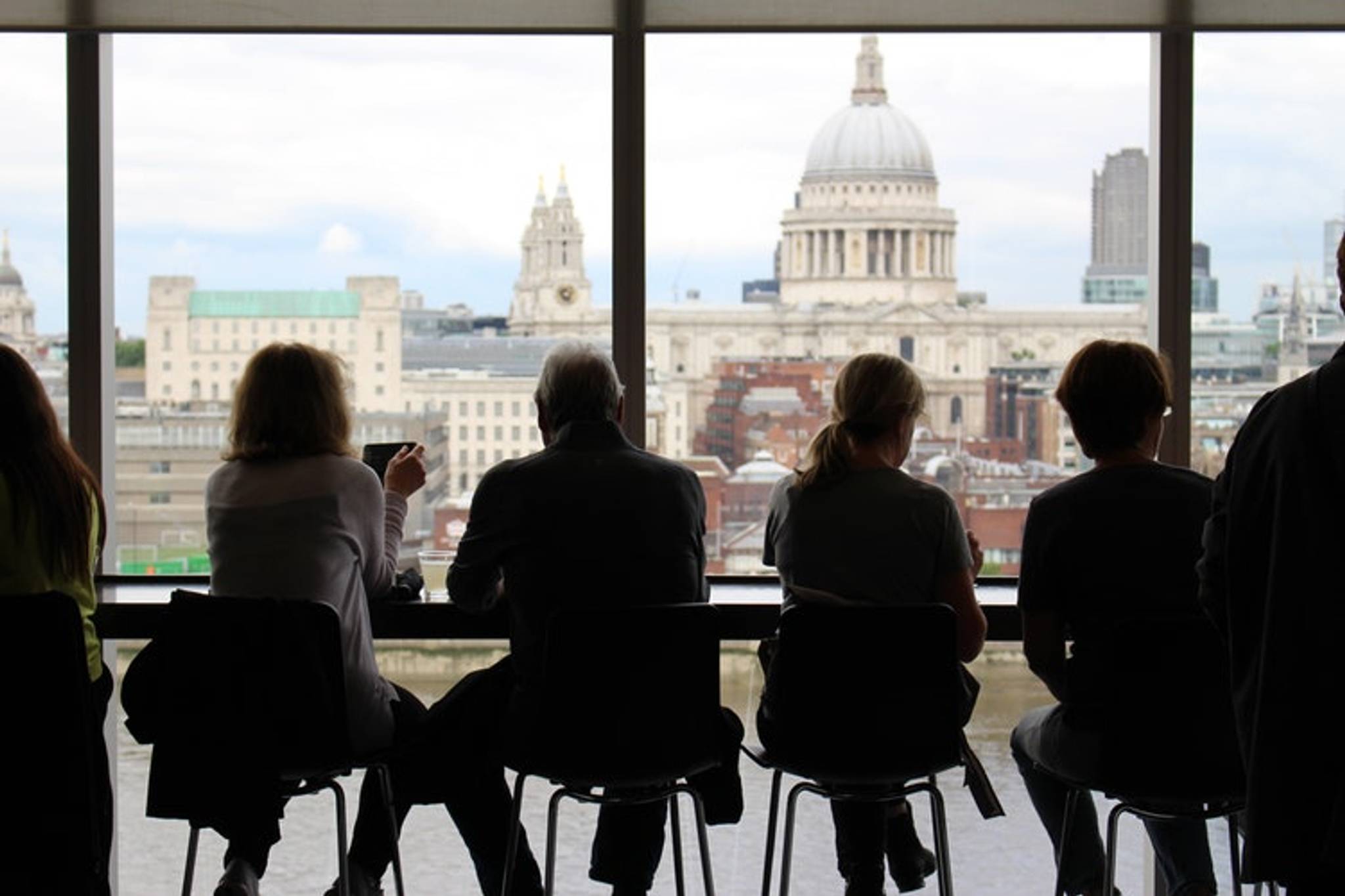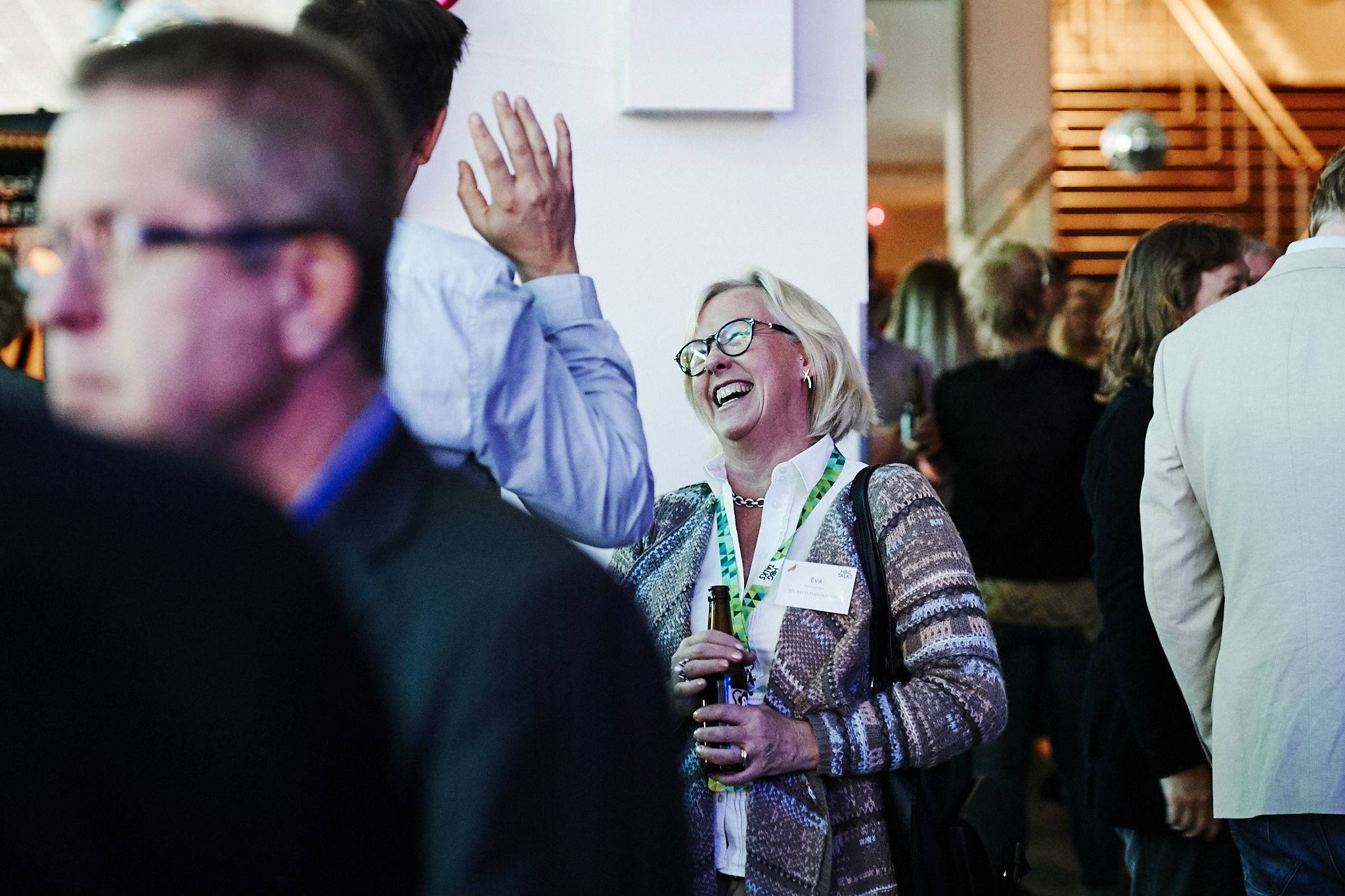
There may be more truth in the idea of a ‘mid-life crisis’ than people realise. Research looking at the complex interactions that affect people’s happiness has found that Britons in their late 40s or 50s are unhappier than those both younger and older. We discover the insights behind the study and uncover the brands that are empathising with this tough life stage, offering services that help them manage their health, wealth, and overall happiness.
A carried out by the Office for National Statistics, suggests that a mid-life crisis can begin when a person is in their 30s – and can linger well into their 50s. According to the survey of 500,000 people, 30-somethings are 2.4 times more likely to be unhappy as those aged 70 or older, while those between 40 and 49 are three times as likely. These feelings were directly linked to people’s health, housing, and marital status, with those who are chronically unwell, renting their home, and unmarried least satisfied with their lot in life.

While Britons in their mid-thirties are having adulting crises, it appears that those in their 50s are the unhappiest cohort. And it’s not surprising, given the inescapable pressures to look young, be healthy, and maintain a successful personal and professional life. The findings also highlight an opportunity for brands that can play a part in ameliorating people’s mental health. While some people are turning to tech, using apps such as Headspace to zone out, others are trying to reclaim some more me-time to combat the always-connected nature of modern life. Just as zines like Swirl are normalising discussions of mental health for Gen Z, perhaps more can be done to help destigmatise the subject for middle-aged Britons.
And it’s not all doom and gloom; while a mid-life crisis may start anywhere between a person’s 30s and 50s, 61% over-50s say they enjoy life more now than when they were younger, with 39% of over-55s saying the best thing about getting older is finally having the time to do whatever they want. With this in mind, it would be in brands’ best interests to ensure that they’re catering to the needs of this cohort, since over 50s account for 47% of UK spending.
Tad Buxton is an intern at Canvas8 which specialises inbehavioural insights andconsumer research. He studies English Literature and History of Art at the University of Edinburgh. When he’s not studying, he enjoys surfing, reading sci-fi novels, and dreaming up new business ideas.



